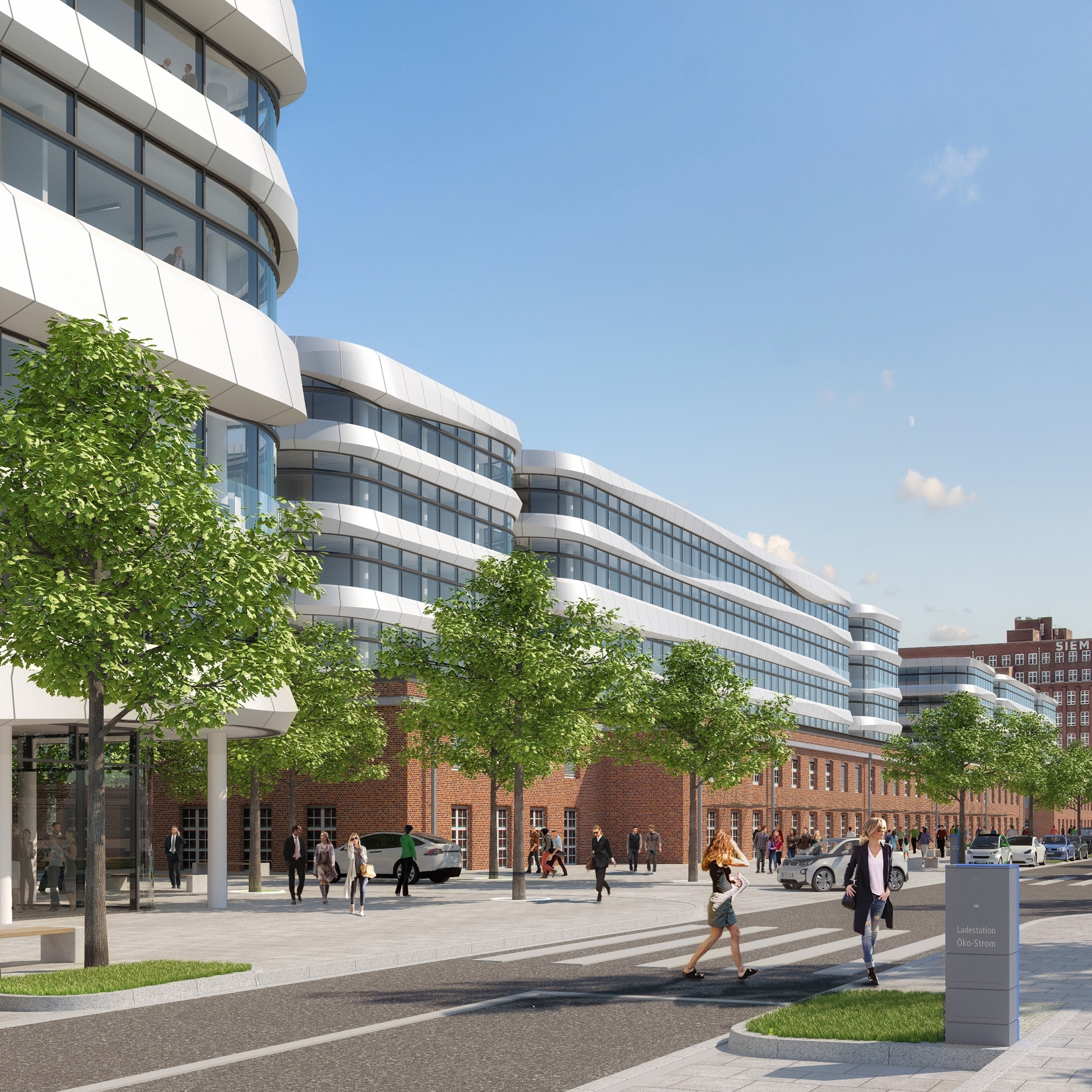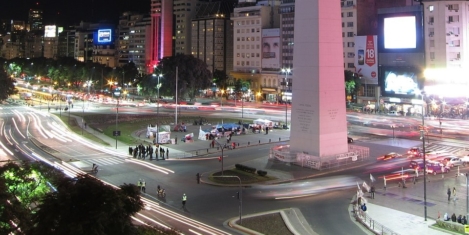November 15, 2021
Smart cities infrastructure investment to top US$375 billion in 2030
 According to technology intelligence firm ABI Research, investments in urban infrastructure aimed at implementing new visions for smart cities will reach US$375 billion by 2030 as cities invest in brownfield and greenfield projects. Drivers behind urban innovation are numerous but both the digitalisation of lifestyles, accelerated by Covid-19, and the increasingly pressing need to address climate change are powerful engines for metropolitan transformation. Additional agents of change include the call for more equity and inclusiveness, scalable economic development, and more affordable living. More →
According to technology intelligence firm ABI Research, investments in urban infrastructure aimed at implementing new visions for smart cities will reach US$375 billion by 2030 as cities invest in brownfield and greenfield projects. Drivers behind urban innovation are numerous but both the digitalisation of lifestyles, accelerated by Covid-19, and the increasingly pressing need to address climate change are powerful engines for metropolitan transformation. Additional agents of change include the call for more equity and inclusiveness, scalable economic development, and more affordable living. More →











 Global spending on smart cities initiatives will total about $124 billion this year, an increase of nearly a fifth on 2019, a new
Global spending on smart cities initiatives will total about $124 billion this year, an increase of nearly a fifth on 2019, a new 
















